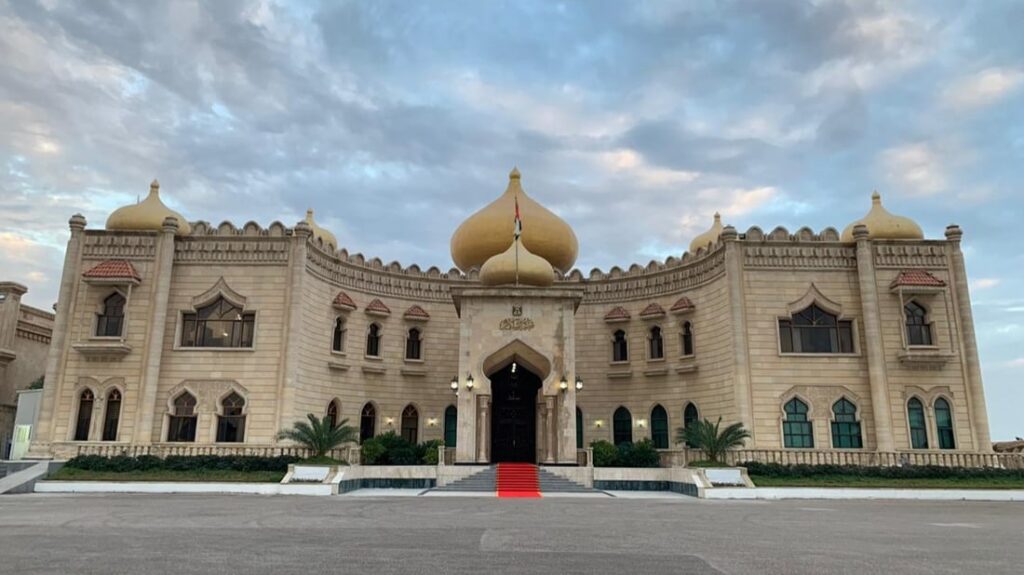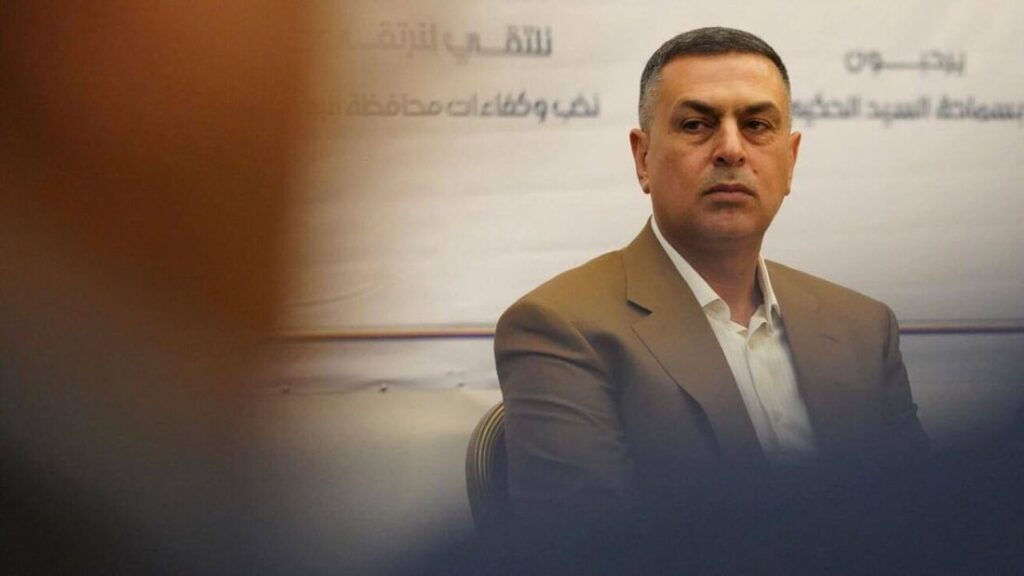Iraq: Iraq: Civil Unrest - Emergency Plan of Action n° MDRIQ010 Operation Update n° 1
Summary of major revisions made to emergency plan of action:
The current DREF operation provided the Iraqi Red Crescent with necessary capacities to maintain the mobilization of the crisis management team, to continue preparedness activities in Headquarters and branches, and with the contingency capacities to respond to the current and future potential events. The DREF has also provided support to the Iraqi Red Crescent through provision and replenishment of first aid kits, mobilization and support of deployed volunteers as well as increased capacity to coordinate, communicate and respond to local humanitarian needs are ongoing.
A two months extension of the DREF operation is being requested to ensure continuity of IRCS response to the ongoing demonstrations and other recent events that have resulted to additional tension . The extension of the operation will continue to provide support to IRCS volunteers deployment and mobilization, equipment and logistics support; This will include the finalization of the procurement and the replenishment of First Aid stocks used since the beginning of the demonstrations on October 1, 2019.
Description of the disaster
The Iraqi demonstrations erupted on 1 October 2019 in Baghdad and spread to the rest of the southern governorates of Iraq to protest mainly against the deteriorating economic conditions of the country, corruption, unemployment and inefficient public services. The demonstrators' demands resulted to the formation of an interim government and early elections.
The demonstrations were postponed due to the 40th visit of Imam Hussein, before commencing on Friday 25 October, the deadliest day of protests, when Dozen of people were killed and wounded, especially in Dhi Qar Governorate which led to the Iraqi Prime Minister's declaring his intention to resign.
On 30 November, the High Commission for Human Rights in Iraq reported that the death toll during the demonstrations in October and November rose to 460 and more than 17 thousand wounded.
Summary of current response
More than 500 volunteers and paramedics from Iraq Red Crescent continue to be deployed to assist injured people during demonstrations in Baghdad and other cities, mainly in Iraq’s south. The paramedics are providing first aid services, transporting injured people to hospitals, and supporting medical teams inside the hospitals.
Overview of Host National Society
The Iraqi Red Crescent Society (IRCS) is an independent national humanitarian organization whose work is to alleviate the pain and suffering of members of communities without discrimination in times of peace and war during natural and non-natural disasters. The National Society is one of the active organisation of the International Red Cross and Red Crescent Movement. Its work depends on the principle of voluntary service, which is the basic rule in the work of the Iraqi Red Crescent Society, one of the pillars of the Movement derives from the other Fundamental Principles of the Red Cross and Red Crescent.
The Iraqi Red Crescent Society has been responding to the unrest since its onset in October 2019 relying on its capacities with the support allocated by the International Federation of Red Cross and Red Crescent Societies (IFRC) through this DREF operation and with the financial and technical support of the International Committee of the Red Cross (ICRC).
From the first days of the protests that began in Baghdad on 1 October 2019, the staff members and the volunteers of IRCS have been daily monitoring the situation on the sites to assist the victims.
The IRCS established strong Coordination System with the Ministry of Health and deployed IRCS trained volunteers in the hospitals to offer assistance to the Medical staff due to high number of injured referred to Hospitals. The IRCS Teams carried out extensive outreach activity on the use of the emblem of the Red Cross/Red Crescent and the Fundamental Principles of the International Red Cross and Red Crescent Movement.
The first aid teams of the Iraqi RC were regularly monitoring the situation and providing first aid and psychological support to the affected people where necessary, as well as providing transportation services to the affected people to the nearest ambulance service points to be transported to the hospitals.
The National Society has immediately mobilized its entire first aid rapid response team to assist the victims. The IRCS used its warehouse emergency stocks to supply the volunteers with first aid kits. Currently, the IRCS has first aid teams operating in challenging operational context in different regions of the country.
The response is still ongoing especially with the unstable situation, the Iraqi Red Crescent Society provided first aid services such as: treatment ,medications and therapy for target affected areas in 8 governorates ( Baghdad ,Najaf, Babel, Thi qar ,Basra , Muthanna, Karbala and diyala) from 10 to 13 November. All of these activities contributed to supporting the response of the ministry of health.
Since the humanitarian needs in this complex setting exceeds significantly the IRCS capacities, the priority was given to enhancing the effectiveness of the first aid rapid response teams in furnishing them with first aid kits and in preparing and training additional volunteers for emergency response activities.
This DREF supported the equipment of the first aid teams with necessary materials enabling them to undertake and implement successfully the relief activities.



